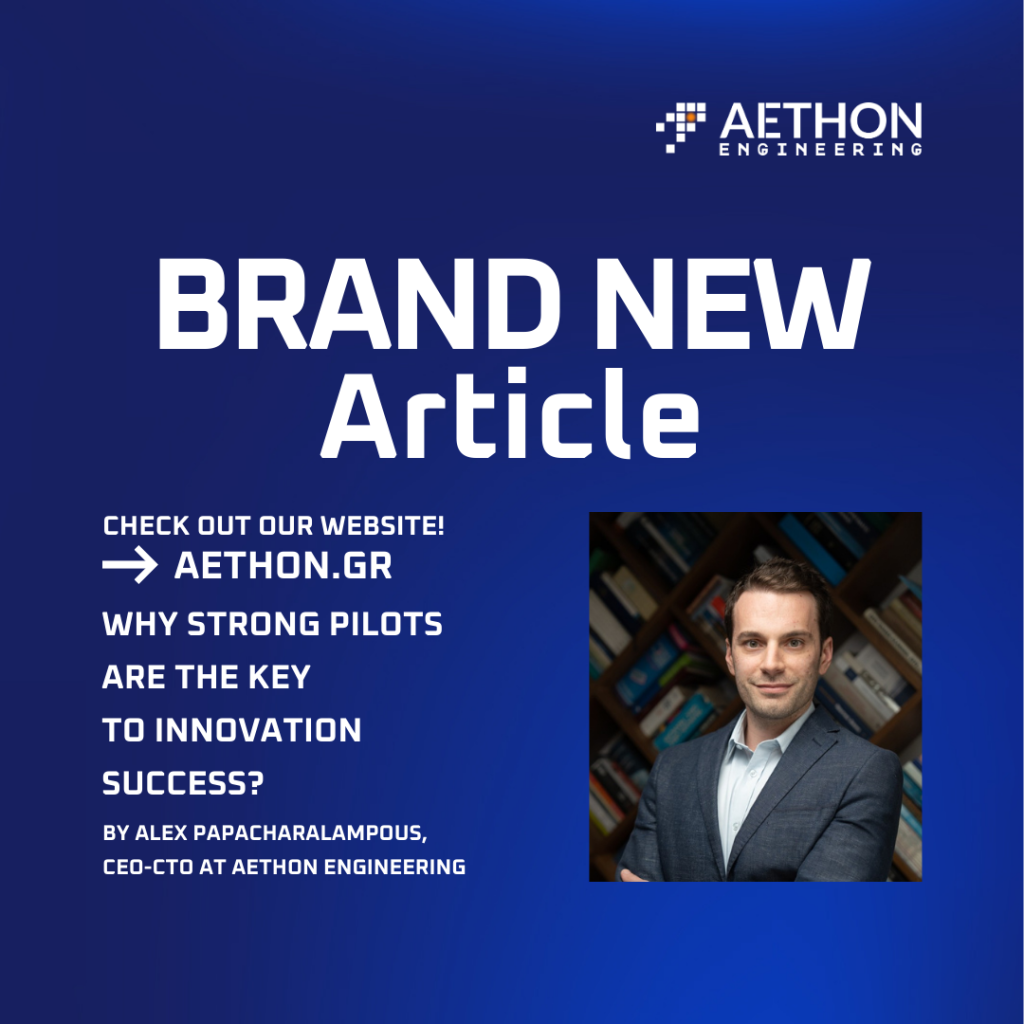Innovation projects require validation. This is a critical step in the process; we develop new technologies through rigorous research and thorough development, and validating these technologies is non-negotiable. Without validation, projects risk to become mere academic exercises, which is not acceptable for professionals engaged in Research, Development, and Innovation (RDI) projects.
Pilot implementations in RDI projects must constitute approximately half of the project’s effort, as they are essential for validating and demonstrating technologies at Technology Readiness Levels 5 to 6. Despite this, many organizations and consortia – especially academic institutions – often undermine the importance of pilot implementations in favor of strong research activities. Budget limitations, risks associated with pilot partners, and tight timelines are often cited as reasons to make development work more important. This approach must change; validation is a fundamental requirement for successful innovation.
At a project’s end, we must be able to justify its scalability and potential for exploitation, supported by proper intellectual property practices which are common in Horizon projects. If a technology is deemed “un-scalable” after an RDI project, it often results from inadequate validation and testing. Unfortunately, many such proposals still receive funding, revealing weaknesses in the review process, where evaluators focus on the “how” instead of the bigger picture.
In urban mobility, good pilots mean good data and strong needs to solve problems and increase efficiency. Looking into the European Union, one cannot fail to notice that both Greece and Cyprus offer excellent pilots for RDI projects. The reason is that both offer different conditions within their territory; land connections with non-Schengen countries, islands and mountains, highways and a long secondary network, strong ports and airports, and cities of all sizes. In addition, Greece and Cyprus have a strong will to create efficient operations and optimize their economy.
Having said the above and following many years of experience in RDI projects, we must consider strong pilots in any RDI project, even from the early phases. Greece and Cyprus are willing to innovate and AETHON can be a gateway to excellent pilots having created one of the largest use-cases lists involving more than 100 partners.
#Innovation #RDIPilots #ProjectValidation #UrbanMobility #TechnologyReadiness #HorizonProjects #InnovationSuccess #RDIProjects #PilotTesting #AETHONGR #GreeceInnovation #CyprusInnovation #SmartMobility #TechDevelopment #ResearchAndDevelopment
Alex Papacharalampous, CEO-CTO, AETHON Engineering
Alex Papacharalampous is the CEO and CTO of AETHON Engineering and a visionary thought leader dedicated to creating value for humanity, the environment, and our ecosystem. With expertise in engineering, AI, and innovation, Alex focuses on developing sustainable solutions to address contemporary challenges.
Alex’s extensive knowledge spans multiple domains, , driving forward-thinking initiatives that enhance urban mobility and improve quality of life. Through his work, Alex strives to create smart, connected urban environments where technology and innovation intersect to provide practical solutions for mobility, energy efficiency, and community well-being.
Connect with Alex on LinkedIn for insights into sustainable development, smart cities, and transportation solutions.


